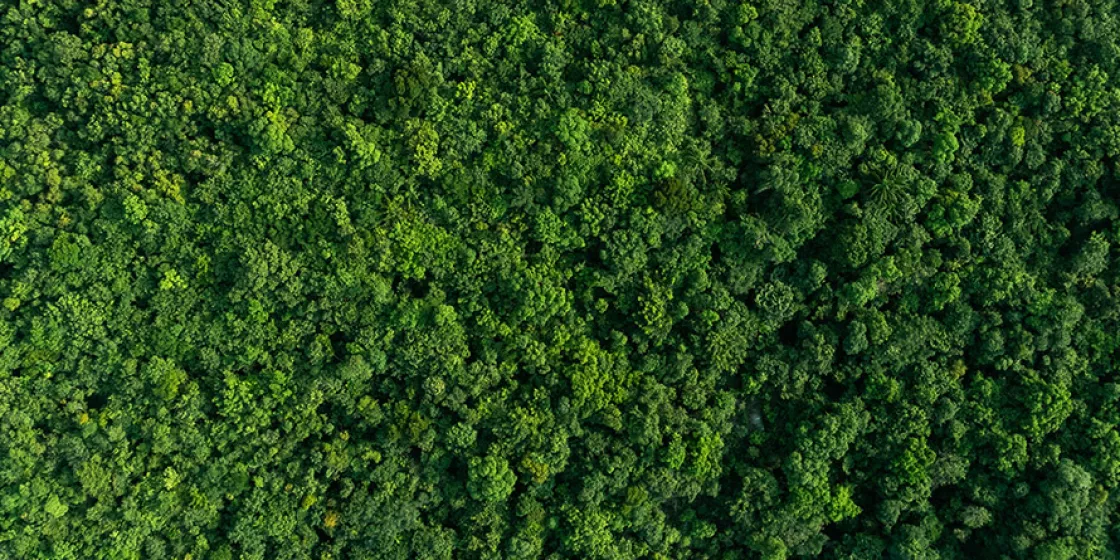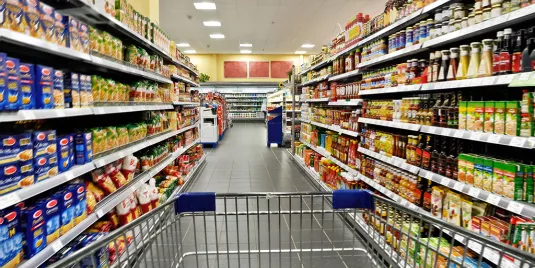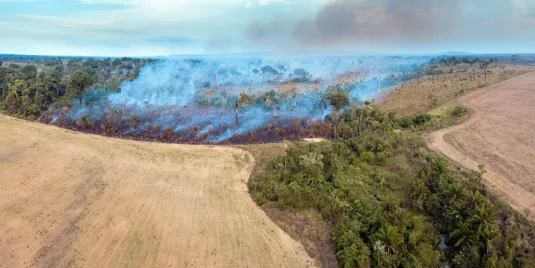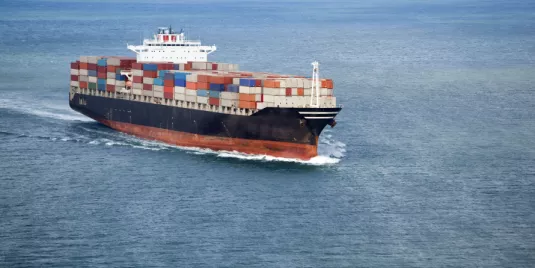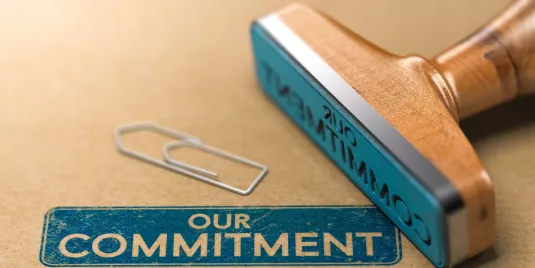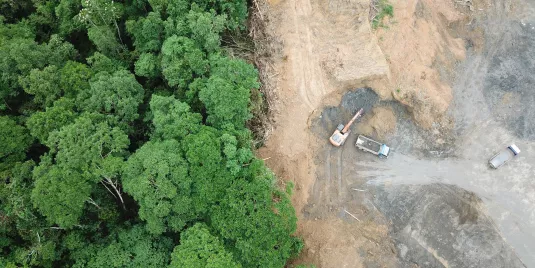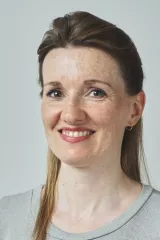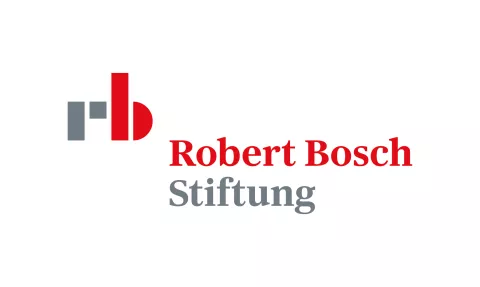1. What is the problem?
Nevertheless, every year around 10 million hectares of forest are cleared globally, with Brazil being the country with the highest area of deforestation in the past ten years. In the South American economic region Mercosur (Argentina, Brazil, Paraguay and Uruguay), large areas are being deforested for cattle pastures and soybean cultivation.
The European Union (EU) is the second-largest buyer (following China) of soy and beef, the agricultural products that are particularly fueling deforestation there.
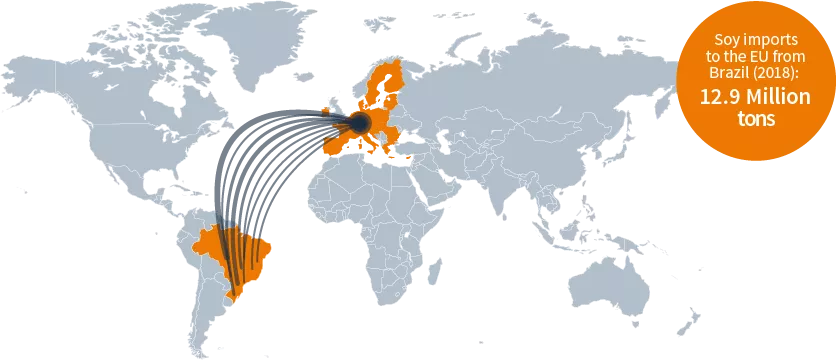
The European Union is the second-largest importer of agricultural commodities linked to tropical deforestation from Mercosur countries.
2. What is our aim?
We aim to contribute to creating a constructive, transregional exchange between stakeholders of the Mercosur, China, and the EU about effective approaches and frameworks to create deforestation-free supply chains on the basis of well-established relations.
In the future, agricultural commodities like soy and beef for the Chinese and European markets will derive from deforestation-free supply chains.
3. What do we do?
We contact and connect actors from civil society, academia, business and politics transnationally to jointly develop approaches to ensure deforestation-free agricultural supply chains.

Approaches to halt deforestation currently discussed at the European Union
As the world's second largest import market for forest risk commodities, the EU bears a large share of the responsibility for ensuring that global supply chains become deforestation-free. The EU is committed to minimizing its contribution to global deforestation and to promote the consumption of products from deforestation-free supply chains.
Germanwatch evaluated five policy approaches discussed in the EU for their effectiveness to reduce deforestation in global supply chains. You can download our study here.
Derzeit gibt es keine anstehenden Termine.

